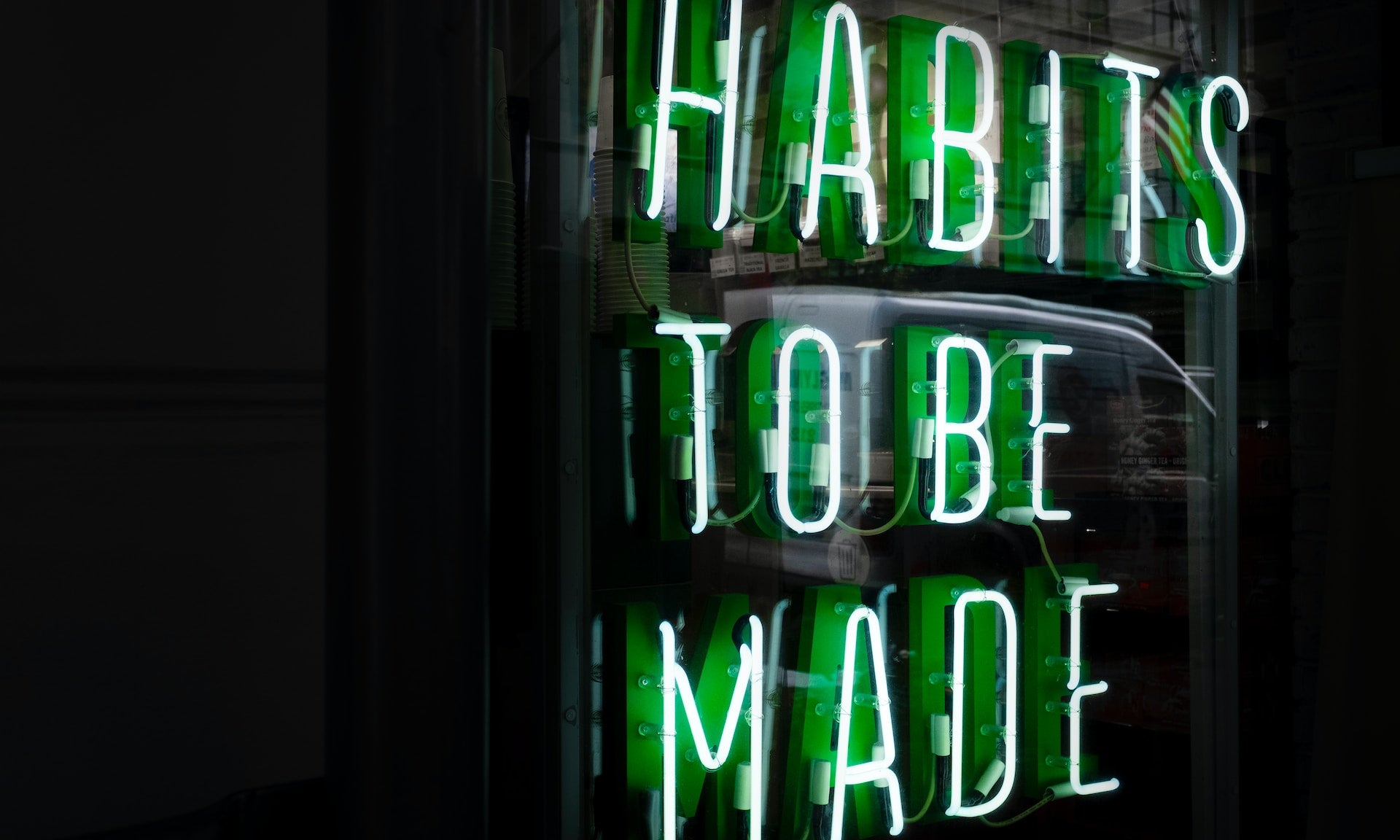The great Romantic writer Henry David Thoreau once insisted that “Life is frittered away by detail...Simplicity, simplicity, simplicity! I say, let our affairs be as two or three, and not a hundred or a thousand...Simplify, simplify!” Even in his day, Thoreau had to escape to the woods and pond of Walden to experience the kind of simplicity and focus that he was seeking, and that was long before people had computers, cell phones, tablets, and endless social media feeds competing for their attention. In this article, we'll explore four ways to get rid of all the distracting details that are holding you back from what matters most in your career and life so that you can start practicing true essentialism.
- Differentiate Between What’s Essential and What’s Not
Before being able to concentrate your efforts on the things that are most important, you’ve got to decide what your top priorities actually are and, perhaps just as significantly, what they’re not. The easiest way to start this mental exercise is to write a shortlist for each main area of your life, such as family, friendships, work, hobbies, and community involvement. Under each heading, write down the one thing that’s most important now and in the near future in this category.
Then take an inventory of everything you’re doing, how much energy you’re putting into each endeavor, and whether your time investments are supporting or detracting from the essentials that you just identified. Your calendar and to-do lists will be valuable here, plus the frequent routines that you don’t need reminders for, like going to the gym, reading, taking a soak, and so on. Now that you’ve got a fairly complete picture of what your daily activities look like, write a big E for “essential” or “NE” for non-essential beside them. There shouldn’t be any handwringing or dilemmas here – either something is absolutely necessary or it isn’t.
In his profound book Essentialism, Greg McKeown asserts that successfully completing this initial stage also requires you to fundamentally shift your mindset so that you stop living out of a place of panic, anxiety, and nonstop commitments and retake control of your choices, actions, and direction:
There are three deeply entrenched assumptions we must conquer to live the way of the Essentialist: “I have to,” “It’s all important,” and “I can do both.” Like mythological sirens, these assumptions are as dangerous as they are seductive. They draw us in and drown us in shallow waters. To embrace the essence of Essentialism requires that we replace these false assumptions with three core truths: “I choose to,” “Only a few things really matter,” and “I can do anything but not everything.” These simple truths awaken us from our nonessential stupor. They free us to pursue what really matters. They enable us to live at our highest level of contribution.
- Remove Non-Essentials
Deciding what is essential and non-essential in your life is a crucial first step, but you can only hope to truly prioritize the former if you make a conscious and continuous effort to eliminate the latter. Some non-essentials are easy to totally eradicate right off the bat, like scrolling social media for an hour before bed or checking your email inbox every 15 minutes. It might be impractical to do away with certain others immediately because of existing commitments that you cannot get out of or, when it comes to work, needing to keep your main gig until you further build up your side hustle into a viable fulltime venture. In which case, try to decide what an end date might be for each of these time-sensitive non-essentials, and then decide how much you can cut back right now so that you’re doing the bare minimum to get by with this now before eventually cutting it out completely.
One of the mental barriers to removing non-essentials is that we’ve all been conditioned to try and increasingly do more, quicker. Taking on an ever-increasing quantity of tasks can make you feel competent and capable in the short term, and you might have even fallen into the trap of wearing your permanent busyness like a badge of courage and to rushing through everything at a breakneck pace that’s put you on a fast track to burnout. In contrast, one of the core truths of essentialism is doing less, better. It’s more sustainable, purposeful, and rewarding than continuing the scattershot, helter-skelter, stressed-out ways of non-essentialism. This is why Greg McKeown implores his readers to “discern the vital few from the trivial many” and then vigorously commit to “the disciplined pursuit of less.”
- Become More Selective
If you’re going to reap the full rewards that essentialism has to offer, you’re going to have to start setting better boundaries. As uncomfortable as it might sound, focusing on a select few priorities while excluding the many things that will attempt to crowd them out necessitates getting better at turning things down more often than not. In an extract from his bestselling book Anything You Want, author and speaker Derek Sivers explains how to rigorously run new opportunities in every area of your life through the filter of essentialism:
Use this rule if you’re often over-committed or too scattered. If you’re not saying “HELL YEAH!” about something, say “no.” When deciding whether to do something, if you feel anything less than “Wow! That would be amazing! Absolutely! Hell yeah!” — then say “no.” When you say “no” to most things, you leave room in your life to throw yourself completely into that rare thing that makes you say “HELL YEAH!” Every event you get invited to. Every request to start a new project. If you’re not saying “HELL YEAH!” about it, say “no.” We’re all busy. We’ve all taken on too much. Saying yes to less is the way out.
As with eliminating (or at least minimizing) existing non-essentials, it’s probably going to feel uncomfortable and awkward the first few times you turn someone down. To help overcome this reticence, try practicing Sivers’s tactic with minor things first so that when you find yourself wavering with a bigger opportunity that’s tempting but ultimately needs to be dismissed as a non-essential, you’ll have more confidence in saying “no.” Keep in mind that every time you agree to take on more, it’s going to leave you with less time and verve for the real essentials.
- Maximize Essentials
Once you’ve identified your personal priorities, cut out and minimized non-essentials, and become much more selective in how you evaluate opportunities, it’s time to double down on the essentials. Before, you might have put these on the back burner or let all your busy work bury them indefinitely, but no longer. Once you’ve gone through the previous three steps, you will have more time, bandwidth, and headspace to devote to the few things that matter most, rather than hoping that you can fit them in when you can.
As such, you might need to learn how to embrace the change of pace that essentialism makes possible. Instead of endlessly reacting to never-ending minutiae, your newly decluttered life gives you the space to patiently plug away and amass small wins with fewer initiatives, which will contribute to a higher quality end result. You should also embrace your newfound ability to take creative risks, spend more time learning, researching, and thinking, and experiment with new approaches that you previously had never even considered. Now you have the freedom to go all-in with what you decide is meaningful and can stop being beholden to whatever other people try to push on you.
To make sure you stay on the right track, set aside a few minutes every month to honestly review how you’re allotting your time, energy, and effort. Does it align with your overarching purpose for your new, more essential life? Are your behaviors consistent with the priorities you wrote down in the initial essentialism exercise? Be on the lookout for non-essentials that you’d minimized or deleted creeping back into your schedule and continue to be highly selective by saying “no” to far more opportunities than you say “yes” to. This way, you can become a true essentialist, making the most of the things that give you the greatest satisfaction and living a calmer, focused, and fulfilled life.





















